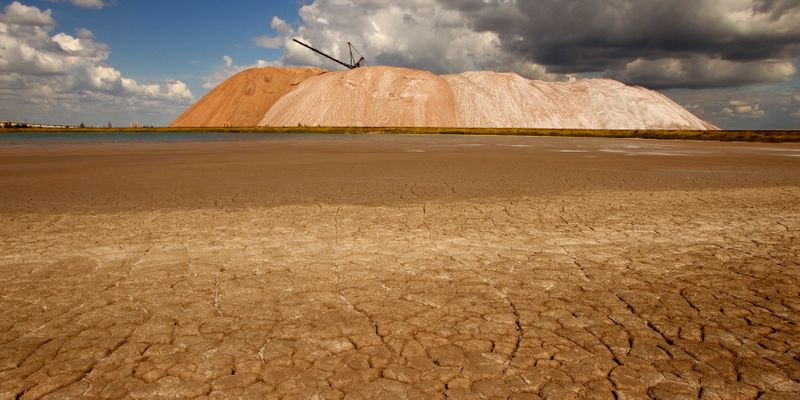MOSCOW (Reuters) - Shares of global potash producers rose on Thursday after the United States imposed sanctions against Belarus' exporter, which accounts for 16% of global production, along with wide sanctions against other firms of the country.
Belarus Potash Company (BPC) is the exporting arm of Belarusian state potash producer Belaruskali and is Minsk's main foreign currency earner. BPC ships potash mainly to China, India and Brazil.
The U.S. Treasury said on Thursday that it issued a general license authorising wind down of transactions involving BPC until April 1. [nL1N2SN1N7]
"While there is a high chance that the licence will be prolonged... some customers will still try to avoid new business," VTB Capital said. "It is crucially important to see how willing China and India are to sign new contracts (with BPC)."
BPC, whose supplies are currently handled by the Klaipeda port in Lithuania, did not immediately reply to a Reuters' request for comment. Belaruskali was sanctioned in August, the deadline for wind-down of operations with it expires on Dec. 8.
The general license allows wind-down activities, avoiding disruptions to shipments in transit, while not allowing new business, said Brian O'Toole, a former Treasury Department official now with the Atlantic Council.
Because no new business is authorised, "there's going to be an immediate impact, presumably, to price, especially in the U.S.," he added.
With 12.5 million tonnes potash to be produced in 2021, Belaruskali is the world's second largest producer of the crop nutrient after Nutrien (NYSE:NTR) Ltd, VTB Capital said.
"This news will further support the already elevated potash price, which is currently at 13-year high," it added.

The expanded U.S. sanctions do not change global supply and demand, but North American potash producers Nutrien and Mosaic Co (NYSE:MOS) stand to benefit, Scotiabank analyst Ben Isaacson said in a note.
Nutrien shares rose as much as 3.4% in Toronto, while Mosaic stock gained as much as 3.9% in New York.